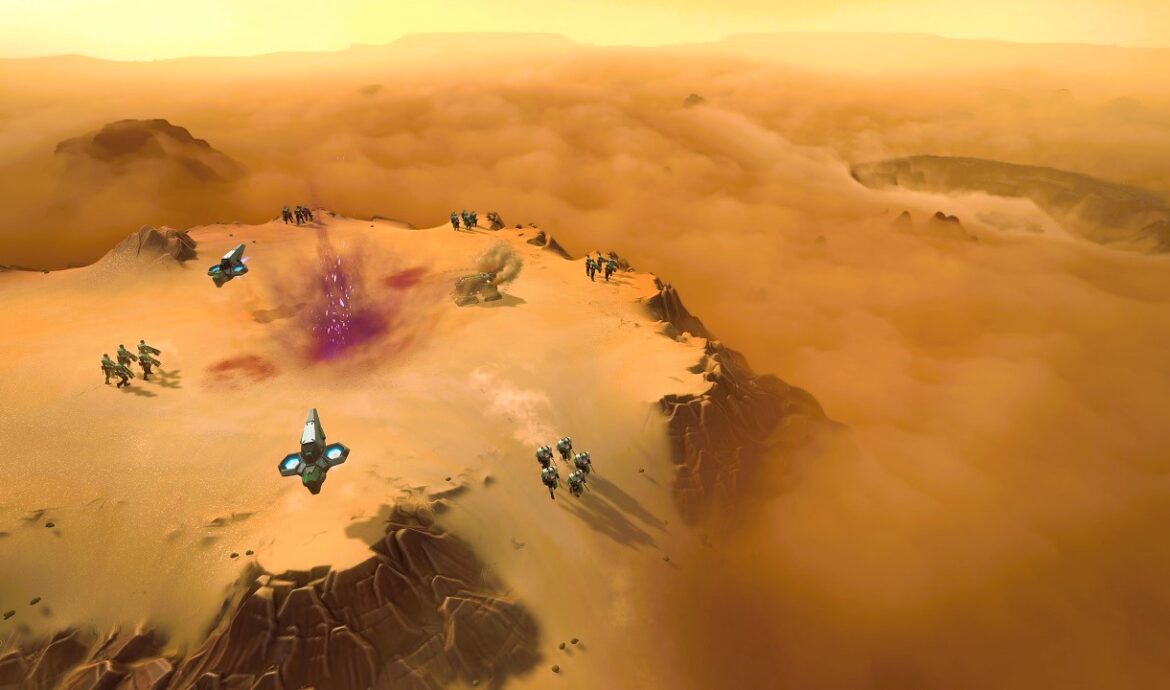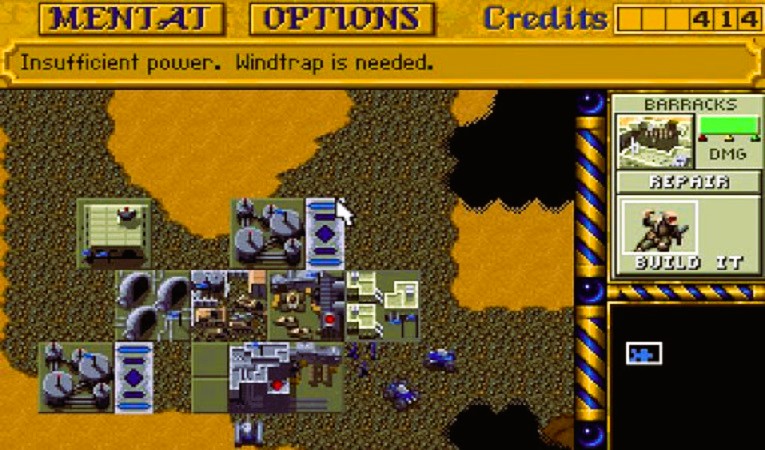
How ‘Dune’ Became a Strategy Gaming Phenomenon
Frank Herbert’s Dune, widely regarded as one of the greatest science fiction novels ever written, has inspired generations of readers with its rich world-building, complex politics, and profound philosophical undertones. But its impact extends far beyond the realm of literature. The story of Dune has also carved out a significant niche in the world of strategy gaming, becoming a phenomenon that redefined the genre. This article explores the journey of Dune from a literary masterpiece to a gaming legend, tracing its impact on real-time strategy (RTS) games and its lasting legacy.
The Literary Legacy of Dune
Frank Herbert’s Dune, published in 1965, is set on the desert planet Arrakis, a harsh world critical to the galaxy’s economy due to its monopoly on the production of spice, a substance that grants extended life and powers interstellar travel. The novel’s intricate exploration of power dynamics, environmentalism, and human ambition made it a cultural touchstone.
Its themes and setting laid fertile ground for adaptation into other media, including films, television series, and, most notably, video games. The political intrigue and factional conflict inherent in Dune were especially suited to the strategy gaming genre, where players must navigate similar complexities.
The Birth of Dune II: The RTS Revolution
In 1992, Dune II: The Building of a Dynasty (released as Dune II: The Battle for Arrakis in Europe) hit the gaming scene, developed by Westwood Studios and published by Virgin Interactive. Although it was not the first Dune game—an earlier title, Dune, was a mix of adventure and strategy—it was Dune II that revolutionized gaming.
Dune II is often credited as the grandfather of modern RTS games. Its influence is evident in mechanics that are now staples of the genre:
- Base Building: Players could construct and manage bases to extract resources and produce units.
- Resource Management: The spice melange served as the primary resource, tying gameplay directly to the Dune lore.
- Faction-Based Play: Players could choose to align with one of three factions—House Atreides, House Harkonnen, or House Ordos—each with unique units and playstyles.
- Real-Time Decisions: Unlike turn-based strategy games, Dune II introduced real-time elements, demanding quick thinking and adaptability.
These innovations shaped not only Dune II but also future RTS games, including iconic titles like Warcraft, Command & Conquer, and StarCraft.
Exploring Factions and Lore
One of the most compelling aspects of Dune II was its faithful integration of Dune lore. The game brought the key factions to life, each with distinct motivations and strategies:
- House Atreides: Noble and honorable, focusing on balanced units and powerful air forces.
- House Harkonnen: Brutal and aggressive, prioritizing heavy firepower and destruction.
- House Ordos: A creation of the game, characterized by stealth and subterfuge.
This emphasis on faction identity gave players the feeling of participating in the political struggles of Arrakis, making Dune II more than just a game—it was an immersive Dune experience.
The Legacy of Dune Strategy Games

Following the success of Dune II, the franchise saw additional entries, including Dune 2000 (1998) and Emperor: Battle for Dune (2001).
- Dune 2000: A remake of Dune II, this game updated the graphics and added cutscenes, yet retained the core mechanics that made the original a classic.
- Emperor: Battle for Dune: Taking the series into 3D, this game expanded the narrative and introduced new gameplay elements, such as interplanetary combat.
Though later titles did not achieve the groundbreaking success of Dune II, they cemented the franchise’s reputation as a pioneer in RTS gaming. Read our article about the Top 5 Games Inspired by Classic Sci-Fi Worlds.
Why Dune Resonates with Gamers
The enduring popularity of Dune strategy games lies in their seamless fusion of gameplay and narrative. The Dune universe is a natural fit for strategy games, where players must balance resource management, diplomacy, and warfare—just as the characters in the books do.
Additionally, the lore of Dune provides a depth that few other franchises can match. Players are not just engaging in battles; they are participating in a grand narrative of survival, power, and destiny.
Modern Interpretations: Dune: Spice Wars
The release of Dune: Spice Wars in 2022 marked a resurgence of the Dune franchise in gaming. Developed by Shiro Games, this 4X real-time strategy game offers a fresh take on the Dune universe, emphasizing exploration, diplomacy, and resource control.
Players can choose from multiple factions, including House Atreides, House Harkonnen, and the Smugglers, and navigate the shifting sands of Arrakis. The game has been praised for its stunning visuals and adherence to Dune lore, bringing the franchise full circle.
From its literary origins to its groundbreaking contributions to the RTS genre, Dune has left an indelible mark on gaming history. The themes of power, survival, and environmentalism that define Herbert’s work translate seamlessly into the strategic depth and complexity of RTS games.
As new games like Dune: Spice Wars keep the legacy alive, the story of Arrakis continues to captivate gamers, offering fresh challenges and adventures in the harsh but mesmerizing desert.
For more insights into the history and impact of Dune, explore resources like Wikipedia.

